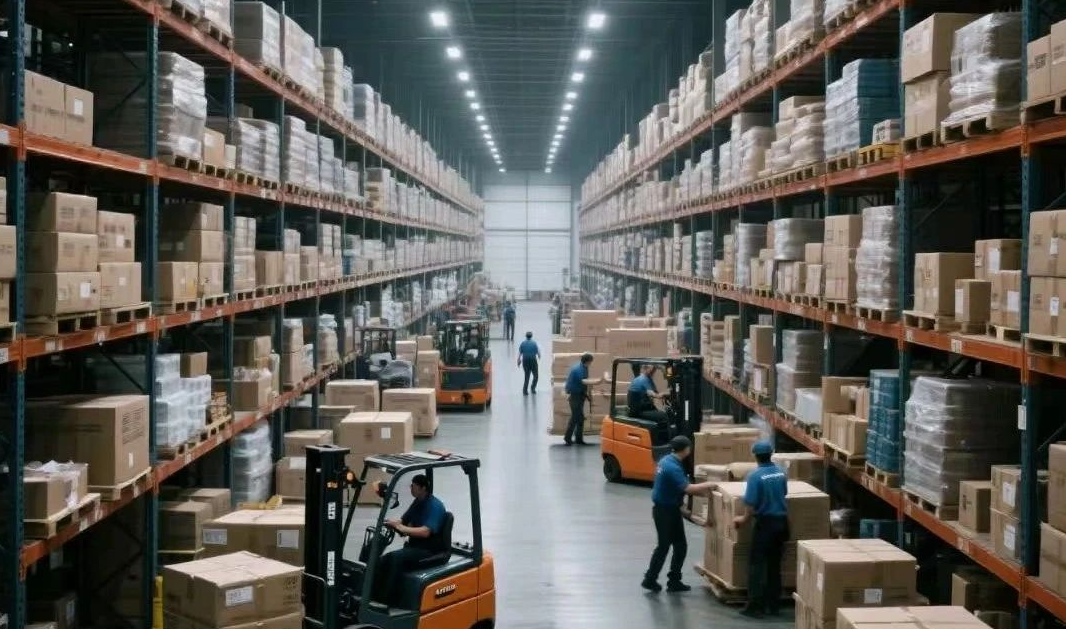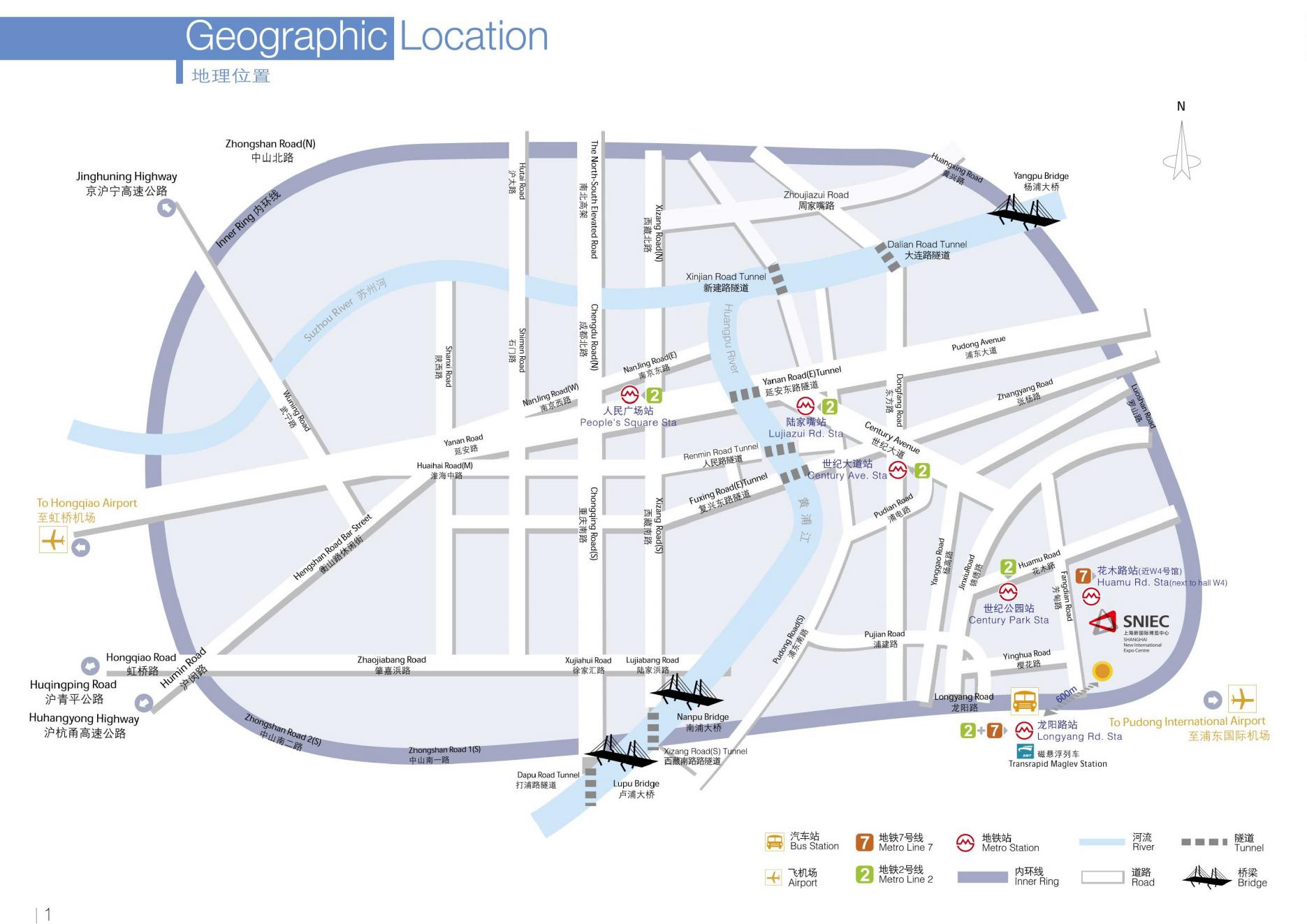Recently, Clustag, a global RFID solution provider, and Conveyor Logistics, an Australian internal logistics system integrator, have officially established a strategic partnership. This cooperation means that Clustag's global RFID expertise will be fully open to Australian warehouses, bringing new technological changes to the local warehousing and logistics industry.
Conveyor Logistics is an influential internal logistics system integrator in Oceania. With more than 30 years of industry experience, it is known for providing high-quality, customized material handling and warehouse automation systems, and is committed to helping companies improve efficiency, reduce costs and enhance overall productivity. The cooperation was reached due to the growing demand for RFID integration in internal logistics operations, and Clustag's expertise in automation and its ability to integrate advanced systems into internal logistics operations make it an ideal partner for Conveyor Logistics. Chris Andrette, CEO of Conveyor Logistics, said that innovation thrives through collaboration, and Clustag's outstanding performance during the ProMat 25 exhibition in Chicago was also a key factor in the cooperation between the two parties.
Clustag has successfully implemented RFID solutions in more than 80 distribution centers around the world
Founded in 2015 by Louis Rius, Clustag, formerly known as Rielec, has a long-standing reputation in the development and implementation of advanced RFID solutions for internal logistics. This brand reshaping further demonstrates its determination to deepen and innovate in the field of RFID technology. After years of development, Clustag has created a very comprehensive RFID ecosystem, with business scope covering all aspects from equipment design and manufacturing to subsequent installation, maintenance and support. Its products and services are designed to optimize internal logistics processes, reduce human errors, and maximize operational efficiency in distribution centers of all sizes.
Currently, Clustag's solutions have been successfully implemented in more than 80 distribution centers around the world and are widely used in Europe, Asia, America and other regions. Since 2021, it has actively explored the US market and has carried out projects in 11 states in the United States. At the same time, Clustag is active in important trade shows such as NRF, PROMAT and MODEX, and is also a member of the Material Handling Institute (MHI) and the National Retail Federation, constantly increasing its influence in the industry.

The core of Clustag's products is the Zentup platform, which can capture real-time RFID tag data and can be seamlessly integrated with ERP, WMS, WES/WCS, AGV, EPCIS and API, with a reading accuracy of 99.6%. It can also provide centralized control for performance monitoring and data visualization. RFID solutions driven by Zentup can solve common problems in warehouses and distribution centers by efficiently encoding RFID tags, simplify operations with a single device and provide ROI calculations. In addition, Clustag also provides customized RFID solutions for manual and automated warehousing and distribution environments, covering the entire operational cycle from warehousing receipt to return management, helping companies improve traceability, reduce errors and save time. Its MOT RFID tunnel can automate warehousing verification and improve the accuracy and traceability of distribution operations.
In industries such as sporting goods, apparel and accessories, companies face challenges in managing diverse inventory (especially during peak seasons) and ensuring accurate picking and inbound and outbound verification, and Clustag's solutions are just the right ones to address these issues. Take Sport Time, Nike's leading distributor in the Balkans and Eastern Europe, for example. Before working with Clustag, it relied on manual barcode scanning to manage inventory and order fulfillment, which was inefficient and error-prone. After introducing Clustag's RFID system, it achieved a leap from a long manual receiving process to accurately verifying hundreds of items in a few seconds, greatly improving supply chain transparency, redefining the role of retail store employees, freeing employees from tedious tasks to customer service, and significantly enhancing customer experience and employee satisfaction.
Clustag CEO Louis Rios said their solution is designed to help companies solve pain points in warehouse management. Manolo Reguarte, Deputy General Manager and Chief Operating Officer, is looking forward to the cooperation with Conveyor Logistics. He believes that this cooperation will further promote the application of RFID technology in the field of warehousing and logistics in Australia and surrounding areas, and provide strong support for local companies to improve operational efficiency and optimize inventory management.
Why more and more logistics giants are introducing RFID
The large-scale application of RFID marks the paradigm shift of the logistics industry from "experience-driven" to "data-driven". With the maturity of technologies such as 5G-A and AIoT, RFID is upgrading from a single-point optimization tool to an ecological infrastructure. For logistics giants, the introduction of RFID is not only a battle of efficiency, but also a strategic layout for the entrance of future intelligent logistics. When every commodity and every package becomes a node in the data flow, the entire supply chain will transform into an organic life form with real-time perception and intelligent decision-making, which is the ultimate picture of the digital transformation of the logistics industry. Specifically, the introduction of RFID by logistics companies has the following functions:
Improve operational efficiency: RFID technology has the ability to identify at a long distance and in batches. For example, employees can use handheld RFID readers to scan shelves and obtain real-time data of 800 items in 5 seconds, which is 40 times more efficient than traditional barcode scanning. In the logistics process, when a container loaded with ultra-high frequency RFID tags enters the sorting center, the reader 15 meters away can instantly complete the identity verification of 2,000 items, greatly improving the operation speed of goods in and out of the warehouse, sorting and other links.
Improve inventory management accuracy: Traditional manual inventory counting methods are prone to errors and inefficiency, while RFID technology can achieve real-time and accurate monitoring of inventory. When the number of goods changes, the system can update inventory information in time. For example, Walmart has increased its inventory accuracy from 63% to 99.8% by deploying RFID smart shelves. It can also automatically warn of abnormal inventory through the system, trigger replenishment instructions in time, and effectively avoid out-of-stock or inventory backlog problems.
Reduce operating costs: On the one hand, the application of RFID technology can reduce manual operation links, thereby reducing labor costs. For example, Walmart has reduced its warehousing labor costs by 43% by applying this technology. On the other hand, it can reduce the cargo damage rate. Through accurate monitoring of goods, the flow of goods in each link of the supply chain is more transparent, and the cargo damage rate of the entire chain can be reduced. At the same time, it can also reduce losses caused by theft and other reasons. For example, Walmart's RFID access control system has reduced the quarterly loss rate of a single store by 25%, saving more than one million yuan in annual costs.
Realize full-chain visual tracking: RFID tags can provide unique identification for goods. From the production link to the entire supply chain process such as warehousing, transportation, and distribution, the location, status and other information of the goods can be obtained through the reader, realizing full-chain visual tracking. This helps logistics companies to understand the dynamics of goods in a timely manner, and once problems arise, they can be quickly located and solved, improving the reliability and stability of logistics services.
Help digital transformation: As the logistics industry develops towards digitalization and intelligence, RFID technology, as an important information technology, can provide logistics companies with a large amount of real-time data. After analysis and processing, these data can provide strong support for corporate decision-making, help companies optimize transportation routes, arrange inventory reasonably, predict market demand, etc., promote companies to achieve digital transformation and enhance competitiveness.
This paper is from Ulink Media, Shenzhen, China, the organizer of IOTE EXPO (IoT Expo in China)

















